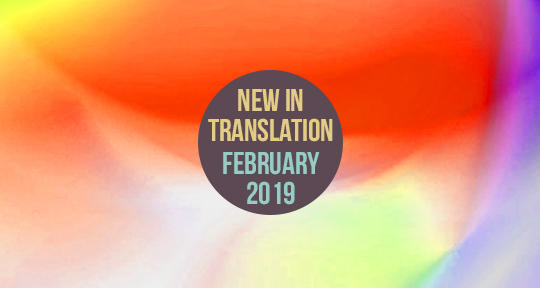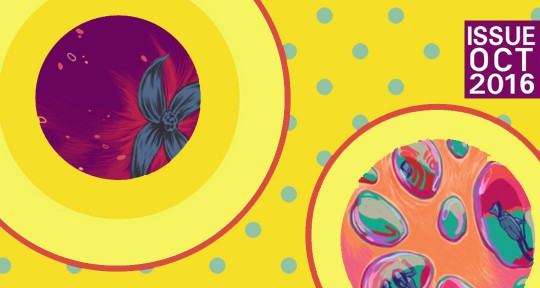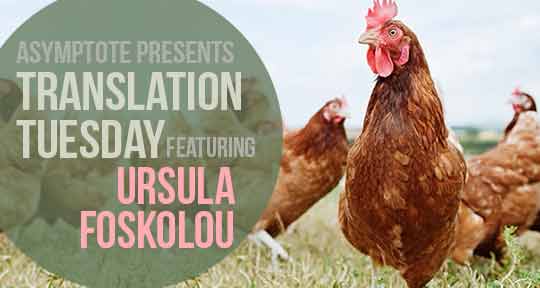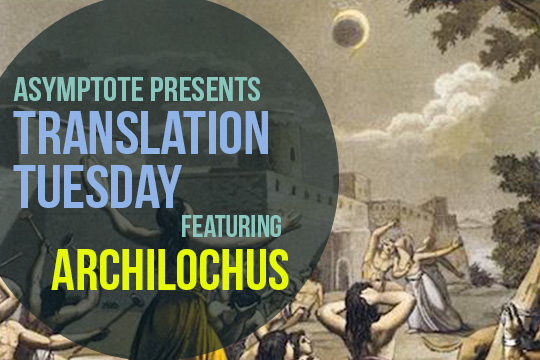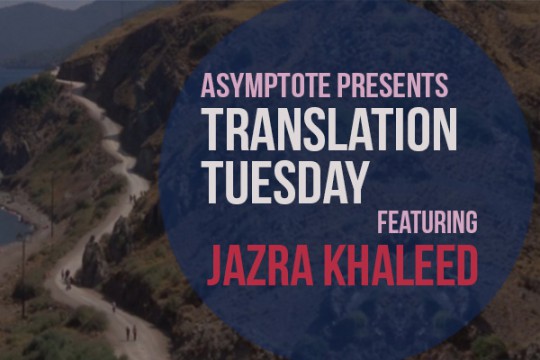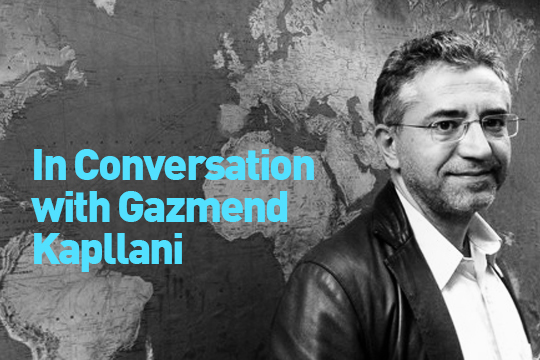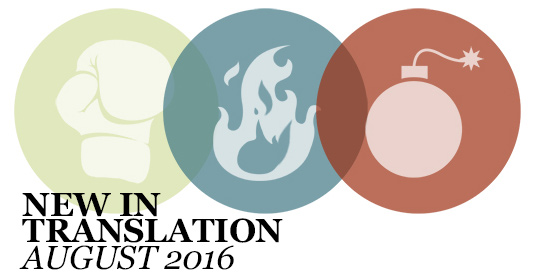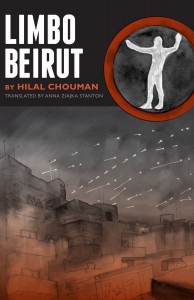On August 20, 2018, Greece officially exited from the series of bailout programs that had imposed vicious austerity on the Greek people ever since 2010. Now, an international narrative of Grecovery—a tale in which austerity triumphs and the curtain falls on the country’s alleged recent return to “normalcy”—has firmly taken root. But Greece’s so-called clean exit is much dirtier than they’d have us believe: the ongoing relief program ensures that the country will be shouldered with a brutal debt burden until at least 2060.
Konstantinos Poulis’ story “Untimely Love,” from his 2014 collection Thermostat, was first published when Greece’s crisis was a fixture of international headlines. Though it shares with Poulis’ other stories an interest in the power and perils of the human imagination, “Untimely Love” differs in the kinds of questions that it poses about its limits. How do we carry on when the outside world seems to have little space or patience for imagination? What happens to storytelling when circumstances (such as police strikes and teargas) conspire to cut short our daydreams of happy endings?
This was one of very few stories in Thermostat to foreground the crisis. Now, against the fairytale of Grecovery, Nikos and Maria’s untimely love acquires a new kind of timeliness. The national victory claimed by politicians (“We reached our destination,” Alexis Tsipras triumphantly pronounced on August 20, 2018) is hardly the kind of ending that, according to this story’s logic, would allow Nikos and Maria their own happily-ever-after. And though politicians and media have pronounced the crisis over, daily realities constantly shatter that illusion—just as they shatter Nikos’ fantasies of romance. In a manner of speaking, it still “simply isn’t an age for falling in love.”
—Translator Johanna Hanink
It was the sweetest love story that blossomed after the outbreak of the sovereign debt crisis. Times were tough, and no one would have expected that, in a tense era of rapacious capitalistic attacks on working people, at a time when the international capitalist financiers had declared open war, Nikos would fall in love with a girl, a regular sweetheart. She’d happened to pass by the office to see a colleague, Anastasia, who worked in Accounting. The problem is that Nikos didn’t have much of a relationship with Anastasia, so he didn’t have the courage to find out more about her friend. He just gazed at her every time she happened to drop by to get Anastasia so the two could leave together in the afternoon.


